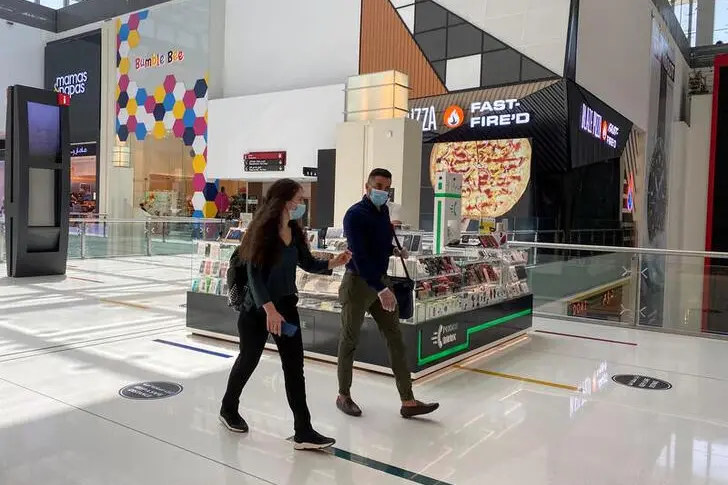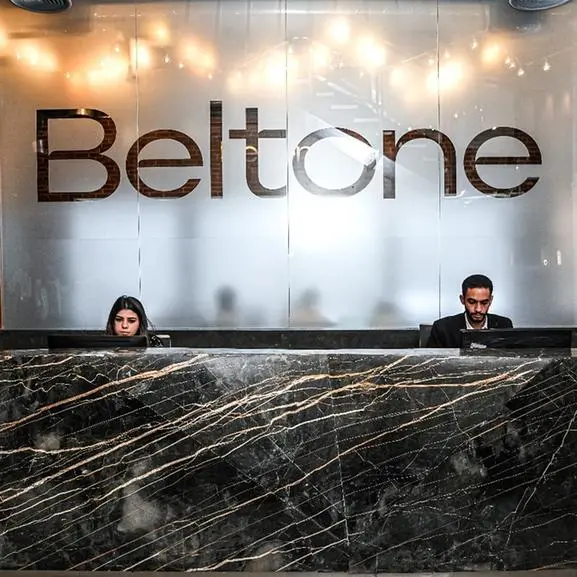PHOTO
Almost two-thirds of people in the UAE (64% in the UAE and 64% globally) expect the country to go fully cashless, with a majority of the public expecting this to happen by 2030.
Standard Chartered’s latest global survey says Covid-19 has seen consumers across the world ditch cash and in-person shopping in favour of online spending.
Almost two-thirds of survey respondents around the world (73 per cent in the UAE) agree that Covid-19 has made them more positive about online shopping, but they are also more careful with their spending and want new ways to track their money digitally.
The study of 12,000 adults across 12 markets – Hong Kong, India, Indonesia, Kenya, Mainland China, Malaysia, Pakistan, Singapore, Taiwan, UAE, the UK and the US – is the second in a three-part series, looking at how Covid-19 has transformed consumers’ way of life, and what changes could be here to stay.
While the first survey focused on the pandemic’s impact on earnings, the second offers new insights into the way the global health crisis is changing consumer spending habits.
In the UAE, 72 per cent said they preferred to shop in-person prior to the pandemic compared to less than a third online. But this has shifted significantly, with almost half (47 per cent) now preferring online payments to in-person card or cash payments.
Respondents in all 12 markets anticipate doing more of their shopping online from now on, with people in Kenya foreseeing a 30 per cent increase in their online spending, followed by those in the UAE thinking it will increase by 18 per cent and those in Indonesia by 16 per cent. While still anticipating an overall increase, respondents in the UK, Mainland China, the US and Taiwan believe their online spending will only grow by less than 10 per cent in the future.
The survey results are supported by Standard Chartered’s ATM withdrawals data. Across the ten surveyed markets where Standard Chartered offers retail banking (all except the UK and US), Covid-19 has dramatically accelerated the decline in ATM usage. Cash withdrawals from ATMs are now half what they were two years ago.
Meanwhile, as spending begins to creep up as lockdowns ease globally – 46 per cent of those in the UAE reported increased spending in July (46 per cent globally) – 89 per cent of people in the UAE say the pandemic has made them more careful with their expenditure (75 per cent globally).
Reflecting this increased caution, 77 per cent of survey respondents in the UAE (62 per cent globally) said that the economic impact of Covid-19 has made them more likely to track their spending, with over 80 per cent either using or interested in using budgeting tools or tools that block card-spend over specified limits.
Commenting on the findings, Sonny Zulu, Head of Retail Banking, Standard Chartered UAE said: “The UAE is on a fast track in adopting digital banking and cashless payments and the pandemic has accelerated the digital drive. This is also mirrored in our digital transformational strategy at the Standard Chartered. We see consumers in the UAE, spending more on basics - such as groceries and healthcare - and digital devices than they did prior to the pandemic, and they expect this increase to continue in the future.”
Meanwhile, in the UAE, 68 per cent of people say they have spent less on travel/holidays than they did before the pandemic (64 per cent globally), while 42 per cent have spent less on experiences (41 per cent globally) and 64 per cent have spent less on clothes (55 per cent globally).
This trend is expected to continue in the UAE with 38 per cent saying they anticipate spending less on travel/holidays, 22 per cent on experiences and 35 per cent on clothes in the future.
As well as increased caution when it comes to spending, consumers around the world are increasingly conscientious. This is good news for small businesses and those producing locally made goods, particularly those making and selling sustainably sourced products.
In the UAE, more than half of people say they are now more likely to shop locally (61 per cent), more sustainably (59 per cent) and with small businesses (55 per cent). This is particularly true of younger generations (18-44), suggesting this trend is likely to continue. -- Tradearabia News Service
Copyright 2020 Al Hilal Publishing and Marketing Group Provided by SyndiGate Media Inc. (Syndigate.info).
Disclaimer: The content of this article is syndicated or provided to this website from an external third party provider. We are not responsible for, and do not control, such external websites, entities, applications or media publishers. The body of the text is provided on an “as is” and “as available” basis and has not been edited in any way. Neither we nor our affiliates guarantee the accuracy of or endorse the views or opinions expressed in this article. Read our full disclaimer policy here.




















